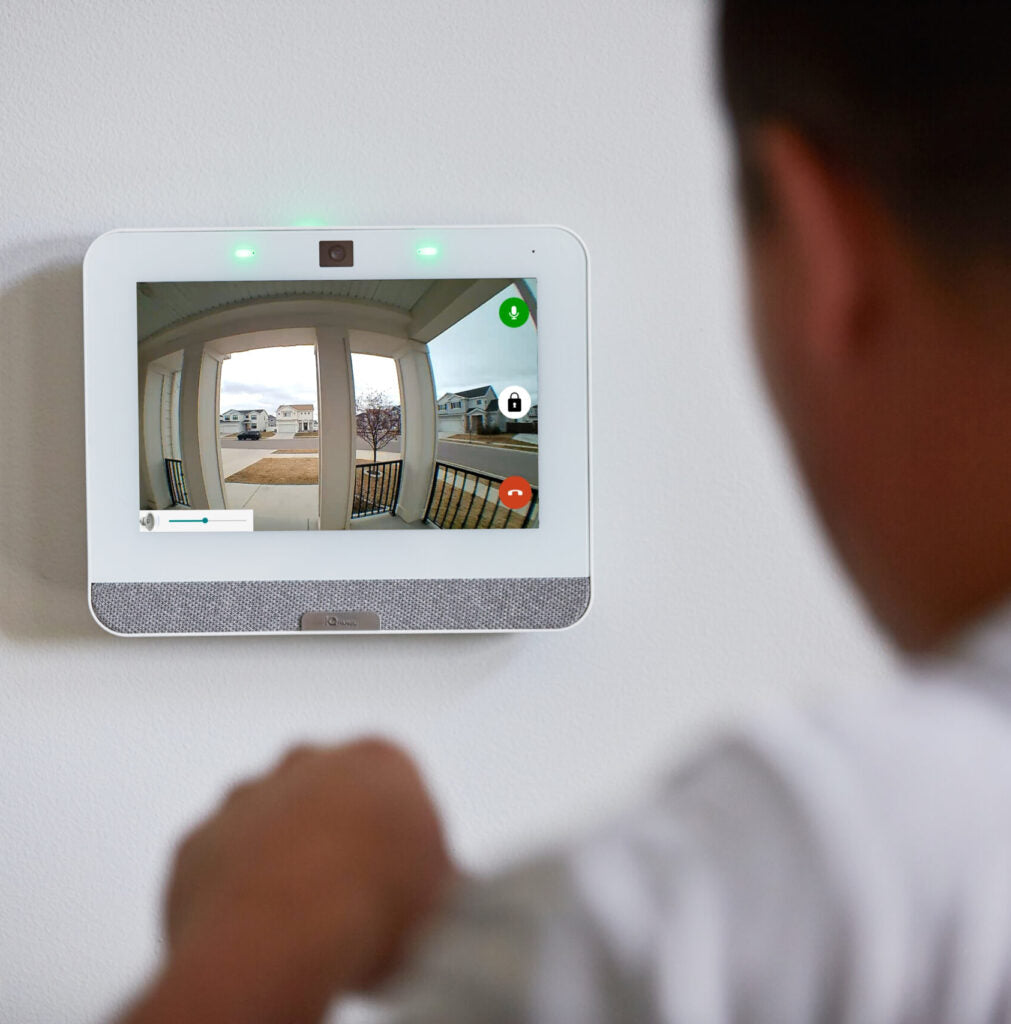Raising teenagers comes with its fair share of challenges—especially when it comes to safety at home. As they seek more independence, parents often worry about the risks their teens may face, from accidents and online dangers to peer pressure. Fortunately, there are practical ways to help keep your teen safe while also respecting their growing autonomy. Here are five effective strategies:
1. Open the Lines of Communication
Your teen is more likely to come to you with concerns if they feel safe talking to you. Build trust by actively listening without overreacting. Make it clear that they can talk to you about anything—good or bad. Regular, non-judgmental conversations about school, friends, and life in general can create a safety net that prevents risky behavior.
2. Set Clear and Consistent Rules
Teens may push boundaries, but they still need structure. Establish household rules around curfews, screen time, social media use, and guests in the home. Explain the reasoning behind each rule so it doesn’t feel like arbitrary control. Be consistent in enforcing rules while also being willing to adjust them as your teen matures.
3. Monitor Online Activity (Respectfully)
The digital world is filled with potential threats—from cyberbullying to inappropriate content and online predators. Use parental controls and privacy settings, but don’t rely on tech alone. Stay involved in your teen’s online life by asking about the apps they use and discussing safe internet habits. Let them know you're there to help, not to invade their privacy.
4. Secure Your Home Environment
Make sure your home is a safe space, both physically and emotionally. Lock up medications, alcohol, and anything else that could pose a risk. Have smoke detectors, security systems, and emergency numbers easily accessible. Encourage healthy habits like regular meals, adequate sleep, and stress management, which all contribute to overall well-being.
5. Know Their Friends and Social Circles
Who your teen spends time with greatly influences their behavior. Get to know their friends and the parents of those friends when possible. Encourage your teen to bring friends over and be involved in their social life. This not only gives you insight into their world but also strengthens your relationship.
Final Thoughts
Keeping your teen safe at home isn’t about hovering or controlling—it’s about building a strong foundation of trust, communication, and responsibility. With the right strategies, you can create a home environment where your teen feels secure, respected, and supported as they grow into adulthood.








